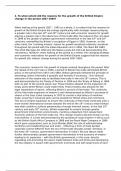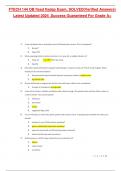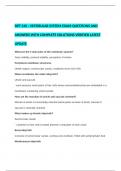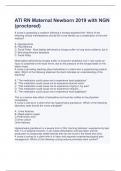Dissertation
A* synoptic essay 25 marks. OCR Y320 British Empire: From Colonialism to Independence A* Example Essay
- Cours
- Établissement
A* synoptic essay 25 marks. OCR Y320 British Empire From Colonialism to Independence. Essay Title: To what extent did the reasons for the growth of the British Empire change in the period ? Past paper question A* answer. Marked by head of history last week (24/25 marks) Feedback given: "...
[Montrer plus]












